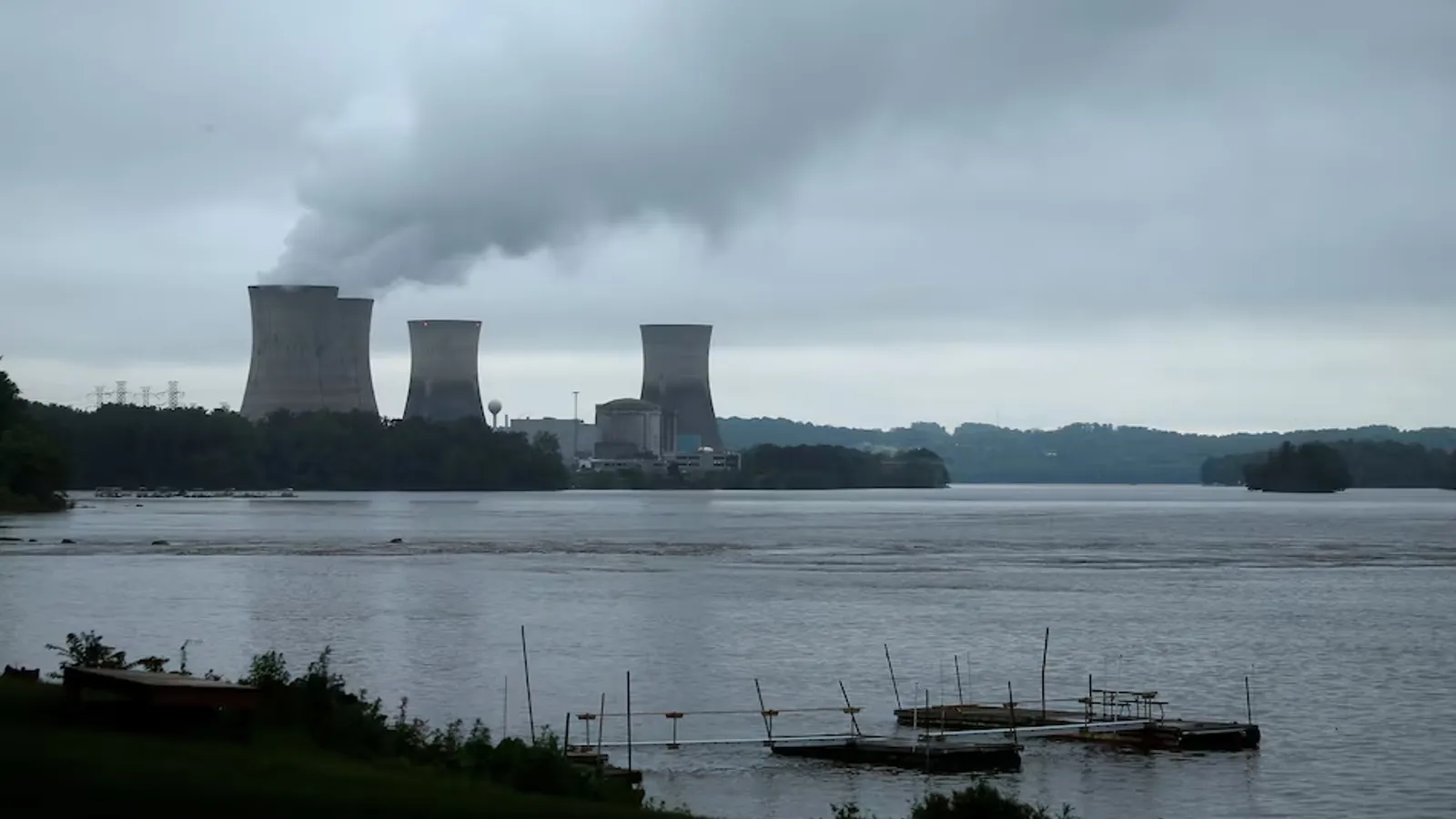Garima Sharma, Pune
As India plans to get into the manufacturing value chain of Small Modular Reactors (SMR), a handful of private firms have shown interest in deploying these at their investment sites. Names of these firms have not been disclosed yet because of the sensitive discussions around the plans.
To remain a commercially competitive option in the future, SMRs are increasingly seen as important for nuclear energy – with a capacity of 30MWe to 300 MWe per unit. Both as a way of fulfilling its commitment to clean energy transition, and bundling SMRs as a technology which has led foreign policy pitch, India is planning for a leadership slot in this small reactor space.
As per the reports, Russia and China are finding it difficult to do their business outside their geographies. Hence, the government is pushing, and SMRs are being seen playing an important role in these countries achieving their energy transition goals.
A third of the generating capacity of most traditional nuclear power reactors is accounted for by an SMR which would be deployed by countries such as Russia, France, or the United States. In order to offer baseload power, these reactors are important and also can to produce a large amount of electricity.
India has an edge in producing and commercially operating small reactors even though its civil nuclear programme has progressively upscaled the sizes of its reactors from 220MWe to 700MWe PHWRs (pressurized heavy water reactors).
India is trying to pitch itself in this niche field to be a credible alternative to the incumbents, as there have been only two SMR projects as of now that have reached globally, one is an SMR named Akademik Lomonosov floating power unit in Russia which started its commercial operation in May 2020 and has two modules of 35 MWe (megawatt electric). The second one is called HTR-PM in China which started its commercial operation in December 2023 and is a demonstration SMR project.
There are major nuclear-producing nations which are experiencing downsizing of their nuclear energy sectors. Whereas, SMRs have certain advantages like reduced costs and construction time as well as potential repurposing of decommissioned sites.
